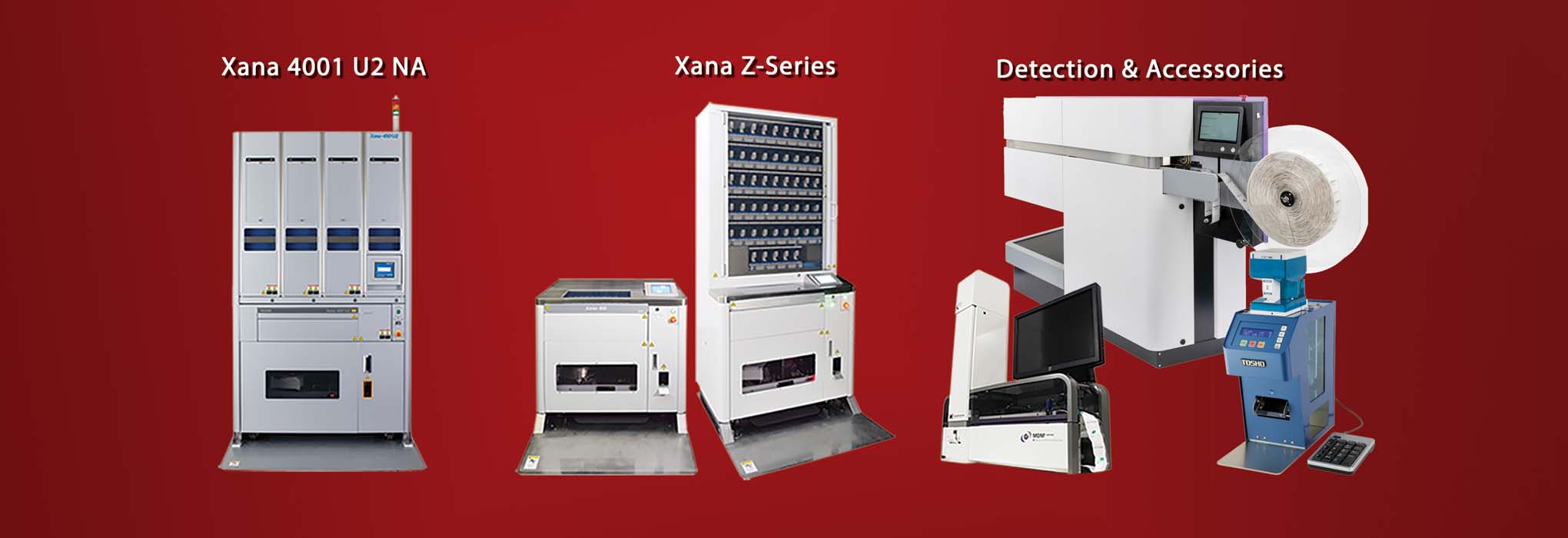One of the top priorities for long term care pharmacists is providing excellent patient care. In a long term care pharmacy, quality patient care requires more involvement from the pharmacist because of the complexity of patient needs. In order to meet patient needs and stay in compliance with Medicaid and Medicare guidelines, long term care pharmacies offer a number of additional services not offered by retail pharmacies.
What is a Long Term Care Pharmacy?
A long term care pharmacy is a ‘closed door’ pharmacy. This type of pharmacy does not serve the general public as a retail pharmacy but serves a specific population. Populations typically served by a long term care pharmacy include residents living in skilled nursing facilities and long term care facilities. They can also serve the needs of residents in group homes, assisted living facilities, and correctional facilities. Long term care pharmacies may also serve patients receiving in-home care.
Medically Complex Populations
Patients who use long term pharmacy services often have complex medical needs that require accurate and frequent dosing and dispensing of medication. The LTC pharmacy is designed to meet the unique needs of these populations. It takes staff dedication and pharmacy collaboration to ensure that patients in long term facilities receive the right medications.
LTC pharmacies take the unique needs of the patients they serve into consideration and provide packaging and dispensing options, such as strip pouch packaging, to make it easier for patients to take the correct medication in the appropriate dosage at the right time of day.

What Services do LTC Pharmacies Provide?
LTC pharmacies are in a unique position to offer comprehensive and patient-centered care to those living in assisted living or skilled nursing care facilities. Proper adherence to medication is essential when there are multiple chronic issues and medications involved. LTC pharmacies are equipped to help patients who need medication management assistance to ensure safety and compliance.
Some unique long-term care pharmacy services include patient status monitoring, drug regimen reviews, and compliance and adherence packaging.
Patient Status Monitoring
The pharmacist at an LTC pharmacy is more involved with patient outcomes than pharmacists who work in retail settings. At retail pharmacies, there are often patients who come in only once to get medication for a temporary issue and never return. On the other hand, long-term care pharmacies work with patients for both chronic and acute issues over long periods of time.
The ‘closed door’ design of the long-term care pharmacy allows the pharmacist to focus on this specific group of patients and improve patient care. The long-term care setting gives the pharmacist an opportunity to develop a comprehensive view of each patient’s medication needs and improve care by providing ongoing patient status monitoring. Since the long-term care pharmacy fulfills all of the patient’s medication needs, the pharmacist can see the full medical picture for each resident. Having a comprehensive understanding of a patient’s medication regimen allows the pharmacist to keep a close eye on patient status and be alert to any changes in patient status.
Monthly Drug Regimen Reviews
Monthly drug regimen reviews are another important service provided by LTC pharmacies. The Centers for Medicare and Medicaid Services require that nursing homes provide monthly drug regimen reviews for all residents enrolled in Medicare or Medicaid plans. This review includes an evaluation of over-the-counter and prescription medications with the goal of minimizing adverse side effects, lowering the risks associated with medication, and identify and prevent any medication-related issues. LTC pharmacies are in a perfect position to facilitate this review for each patient.
Patients in long-term care facilities often see several physicians and specialists to manage their health conditions. For example, a patient with chronic heart and lung issues may see both a cardiologist and a pulmonologist. Ideally, each doctor considers other medications the patient takes as well as the patient’s complete medical history before prescribing a new medication. However, that isn’t always the case.
A long-term care pharmacy can monitor all of the medications that the patient is prescribed. Completing these monthly drug regimen reviews for each patient can improve patient care and prevent potential complications.
Compliance and Adherence Packaging
Patient safety is always a priority in the pharmacy industry. Compliance and adherence are key elements of keeping patients safe. Long-term care pharmacies help improve patient care by offering packaging that makes compliance and adherence more likely. Multi-dose and unit-dose strip packaging is just one example of compliance and adherence packaging provided by long-term care pharmacies.
Strip pouch packaging makes it easy for staff to dispense medications at the correct dosage and at the right time. Strip packaging is especially helpful for patients who take several different types of medication. Each strip package can be customized with the type and dosage of medication that a patient needs to take. The caregiver simply has to open the package to dispense the medication. This reduces the risk of human error and virtually eliminates medication errors.

Solutions for Your Long Term Care Pharmacy
Noritsu pharmacy automation offers a full line of products and solutions designed to meet the needs of long-term care pharmacies and the patients they serve. Noritsu has customizable solutions and software designed to precisely dispense and package medication for patients in long-term care facilities. These products reduce human errors in dispensing, improve compliance, and ultimately benefit the patient. Pharmacy automation also maximizes space, improves the pharmacy workflow, and allows you to serve more patients.
Noritsu will work with you to analyze your pharmacy workflow and offer you multiple levels of technology that can streamline productivity and make logistical and financial sense. We know there is no “one-size-fits-all” solution to pharmacy automation, so we’ll offer reliable advice to help you find the solution that works for your pharmacy.




